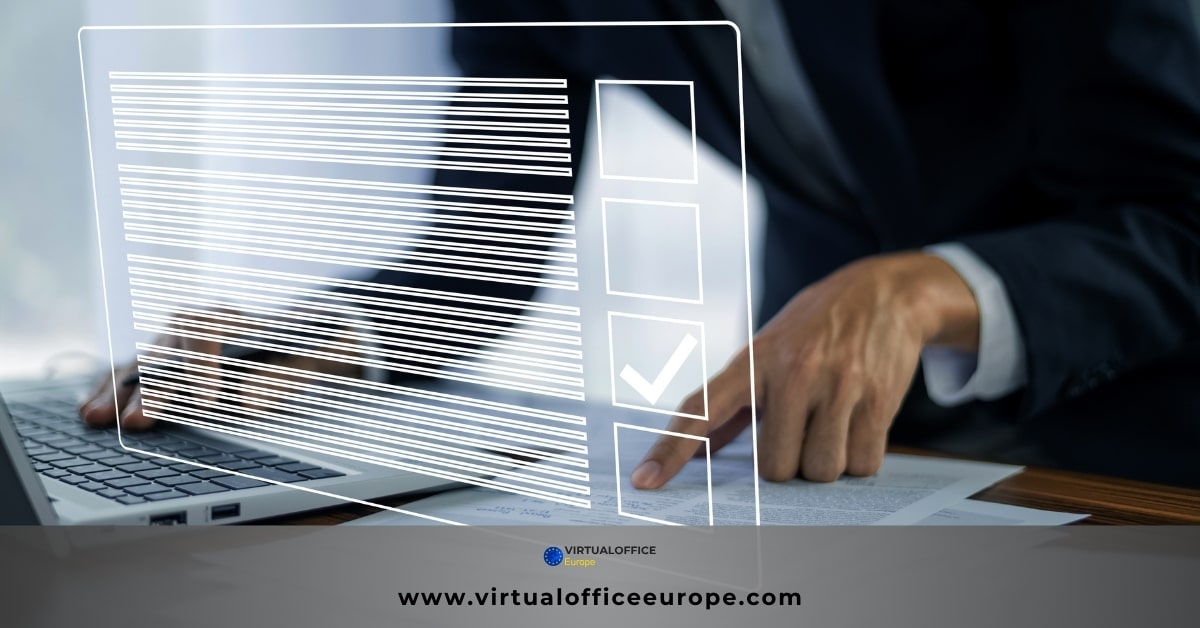If you’re thinking of starting a business in Malta, one of the first decisions you’ll need to make is which business structure to choose. Among the most common options are sole trader, partnership, and limited liability company. For many, becoming sole traders in Malta is the easiest and fastest way to launch their business.
What is a Sole Trader in Malta?
In Malta, a sole trader is a self-employed individual who runs their own business. As a sole trader, you are fully responsible for your business’s operations, including managing profits, debts, and all other aspects. The key benefits of being a sole trader include the simplicity of setup, low costs, and full control over the business. You don’t need a separate business name, as you can operate using your personal name.
If your business earns over €35,000 from products or €24,000 from services, you will need to register for VAT with the Maltese government to comply with local tax laws.
Steps to Become a Sole Trader in Malta
Setting up as a sole trader in Malta is an easy process, and it requires less paperwork than establishing a limited liability company. Here’s what you need to do:
- Use Your Personal Name: You can operate under your own name, so there’s no need to register a business name with the Companies Registry.
- Social Security Number: You must have a valid social security number to register as self-employed.
- Tax Registration: Sole traders must register with the Inland Revenue Department for a tax ID to comply with tax obligations.
- Licenses: Depending on your business type, you might need additional licenses. For example, catering businesses need a license from the Malta Tourism Authority.
Who Can Register as a Sole Trader?
To register as a sole trader in Malta, certain requirements must be met:
- Maltese Citizens: Residents can register using their Maltese ID card.
- Non-Citizens: Foreigners need to have a residency permit and submit a valid passport and proof of residence when registering.
- Professional Credentials: Certain professionals, like doctors, lawyers, and accountants, may need to provide proof of their qualifications.
Taxation for Sole Traders in Malta
As a sole trader in Malta, you’ll need to follow the local income tax rules. The maximum income tax rate for individuals is 35%, but this can vary depending on factors like marital status or dependents. Non-residents are also taxed on their income earned in Malta, including business profits.
You will need to file an annual tax return that details your earnings, expenses, and taxes due.
Required Documents
Becoming a sole trader in Malta requires less paperwork than other business structures. Here are some key documents you will need:
- Proof of Identity: Maltese citizens can use their ID card, while foreigners need a passport and residence permit.
- Social Security Number: Both locals and foreigners must provide a social security number.
- Tax ID: You need to register with the Inland Revenue Department to obtain a tax ID number.
- Licenses: Depending on your business, you might need specific licenses, such as a catering license for food and beverage businesses.
Licensing and Regulations
While setting up as a sole trader in Malta is simple, certain business types may need additional licenses. Some examples include:
- Food & Beverage: Businesses in this sector must acquire a catering license from the Malta Tourism Authority.
- Street Vendors: If you plan to sell goods in various locations or at markets, you may need a hawker’s license.
- Other Industries: Each sector has its own set of rules, so it’s essential to research any additional licenses required for your business.
Advantages of Being a Sole Trader in Malta
Operating as a sole trader in Malta comes with several benefits:
- Simple Setup: The registration process is straightforward and doesn’t involve complicated legal structures.
- Low Costs: Setting up a sole trader business is inexpensive, with minimal registration fees.
- Complete Control: As the sole owner, you have full control over your business, including decision-making and profit management.
- Easy Taxes: Filing taxes is simple, as you only need to submit one tax return each year.
FAQs About Sole Traders in Malta
- How do I register as a sole trader in Malta? Registering is quick and easy, typically taking only a few days.
- Do I need a separate bank account for my business? Yes, it’s important to have a separate business bank account.
- Can I use my home address for my business? Yes, you can use your home address as your business’s legal address.
- Can I change my business structure later? Yes, if your business grows, you can transition from a sole trader to a limited liability company.
Sole Traders in Malta are Growing More and More
Starting a business as a sole trader in Malta is a popular option because it’s simple, affordable, and flexible. By following the necessary registration steps and meeting tax and licensing requirements, you can quickly get your business off the ground. If you’re unsure about any aspect of the process, consider seeking legal advice to ensure you comply with all regulations.









